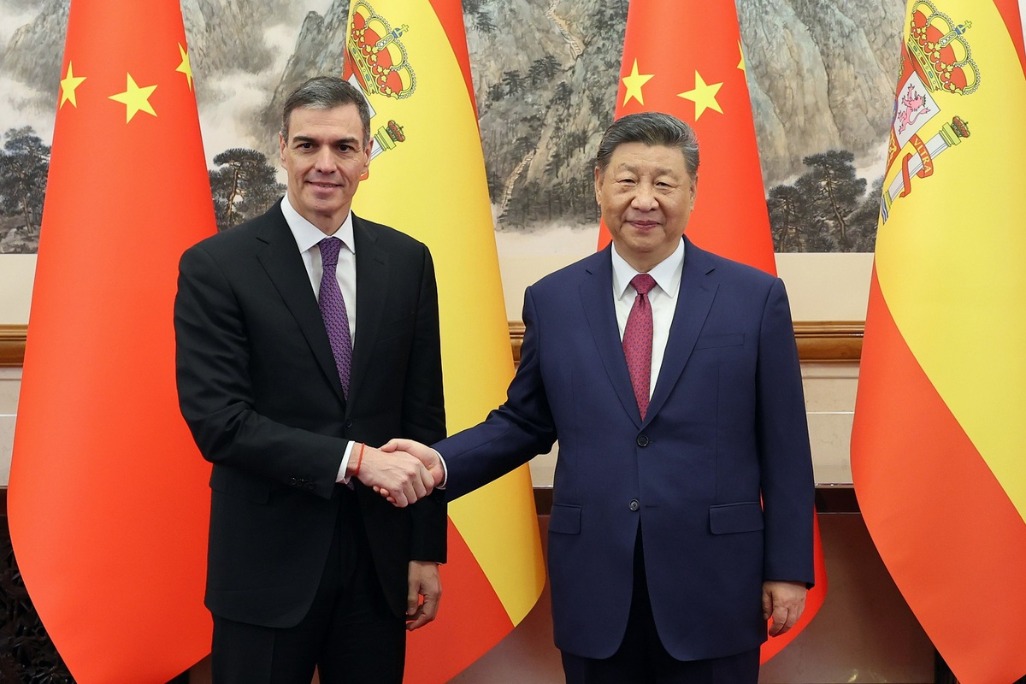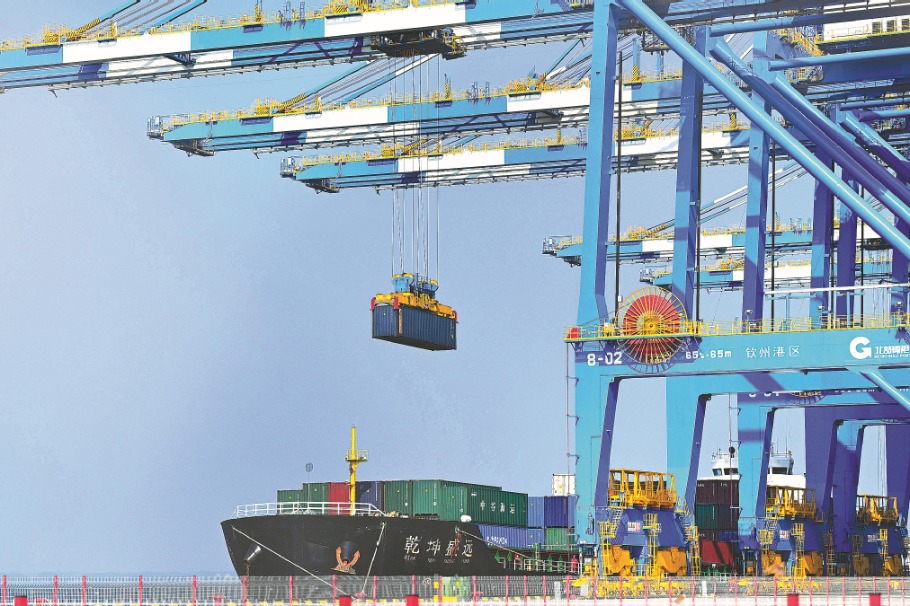Music helps forge connections


Transformative power
Matias Tarnopolsky, president and CEO of the Philadelphia Orchestra and Kimmel Center, said the orchestra is "deeply committed to the visit on this 50-year anniversary".
"The objectives remain the same today as they did in 1973: To share the transformative power of music with our audiences in China. That was true in 1973, and it's true today," he said.
"The relationship between the Philadelphia Orchestra and China is special," he said. "It's emblematic of the power of music to create connections, bonds and understanding between people."
The 1973 visit came six years before China and the US established formal diplomatic relations. "We created bonds in 1973 with China, with audiences, fellow musicians and music students that persist to this day and have been passed down through the generations," Tarnopolsky said.
The Philadelphia Orchestra's tour has not only been a significant milestone in bilateral diplomatic ties, but has also marked a deeper cultural interaction, particularly in music and among musicians.
In China and the US, the musical ties have become stronger through performances following the Philadelphia Orchestra, as well as collaborations involving Chinese and US musicians, composers, conductors, educators and scholars. They are searching for connections, building connections and strengthening connections to empower music cultures from both countries.
As such, the Central Conservatory of Music, or CCOM, one of the top music institutes in China, has established exchange programs with the US higher education institutions in music.
"The exchanges are (indeed) frequent and important," Yu Hongmei, professor and director of the Chinese Music Department at CCOM, said during the US-China Music Forum, a panel discussion, as part of the China Now Music Festival held in New York last month. The festival is organized by the US-China Music Institute, which also celebrated the 50th anniversary of Philadelphia Orchestra's first tour of China.
The CCOM has signed cooperation agreements and established exchange programs with Columbia University School of the Arts, Eastman School of Music, Yale School of Music and the Manhattan School of Music. It has also founded the Chinese Music Composition Center, Performing Arts Center and Artistic Research Center overseas.
"Civilization is more colorful through communication, and culture is enriched through mutual learning. Looking toward the future, the educational and cultural exchanges between China and the US will continue to develop," Yu said.
"These agreements allow us to carry out multilevel academic exchanges, such as faculty visits and student exchange programs, promoting the music development between China and the US."
Cai Jingdong, director of the US-China Music Institute, said, "Music bridges cultures.
"Fifty years ago, the Philadelphia Orchestra laid the foundation for China-US musical and cultural exchange. In this environment, many musicians like me have been permeated and influenced by the exchange of US-China musical culture. The connection between Chinese and American musicians has also become tighter. We have the essence of Chinese music and an international perspective and innovation from American music culture."
Cai has helped connect New York's Bard College Conservatory of Music and the CCOM. He built the Bard East/West Ensemble, which features a Western string quintet and seven traditional Chinese musical instruments: the pipa, erhu, guzheng, dizi, sheng, ruan and suona, as well as Western and Chinese percussion instruments.
"China has become a significant hub for the dissemination of Western classical music, with many professional students studying it, and we have seen a large influx of Chinese students coming to the US to study music," Cai said.
"However, in recent years, things have been changing. I hope to bring Chinese music and traditional instruments to the US. Therefore, in our music institute, we have introduced a 'degree program' for Chinese traditional instruments. It is through cultural exchange that we can mutually develop and grow.
"Music is a reflection of society. We want our own stories and music to be heard. We want our own culture and history to be shared with the rest of the world through music.
"I hope that this ensemble can continue to develop and have the opportunity to perform throughout the United States, spreading Chinese music and also showcasing American music."
The Philadelphia Orchestra symbolized a foundational cultural exchange during past "icebreaking" moments, Cai said. Even though China and the US are experiencing political and economic tensions, he hopes music can still serve as a breakthrough.























